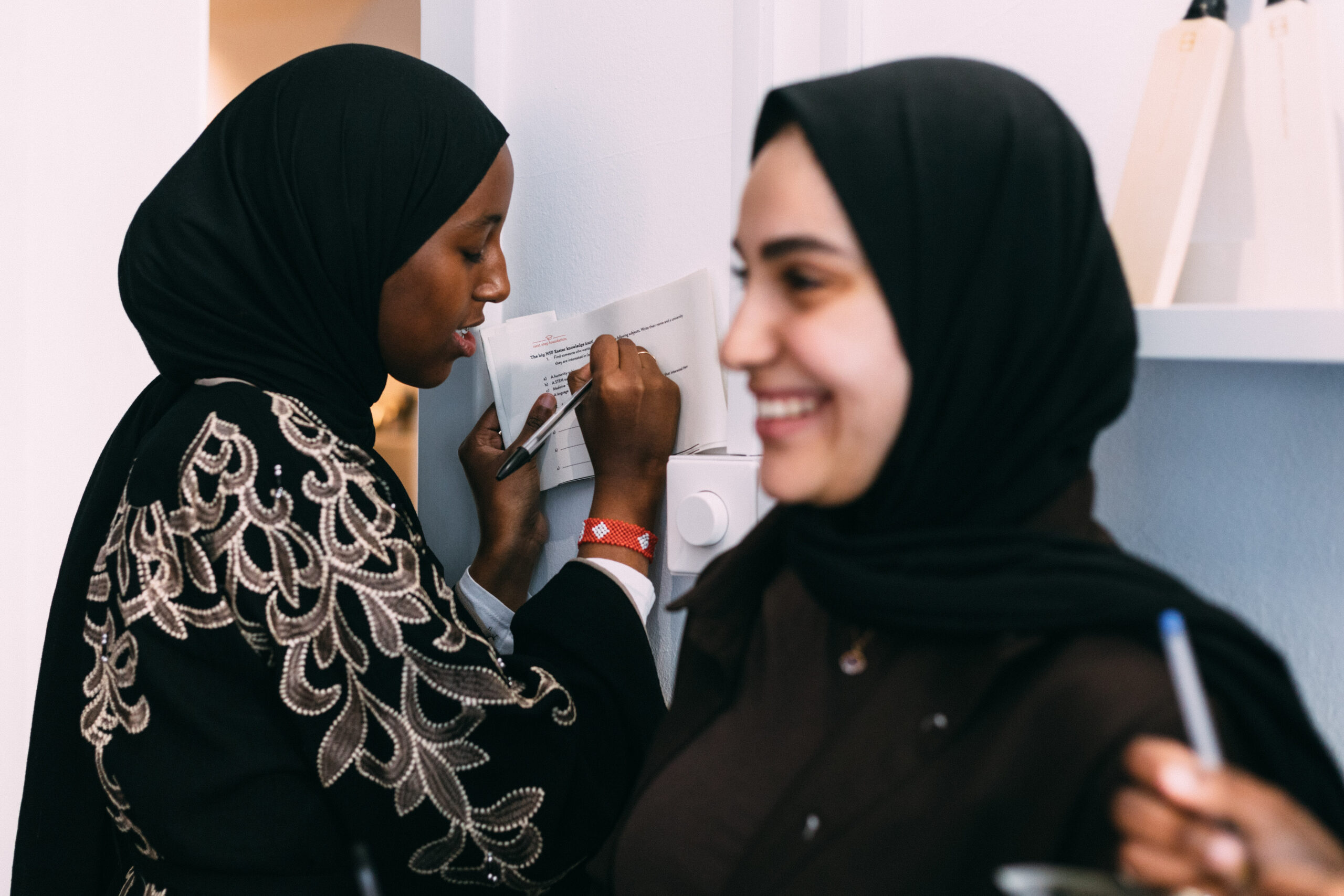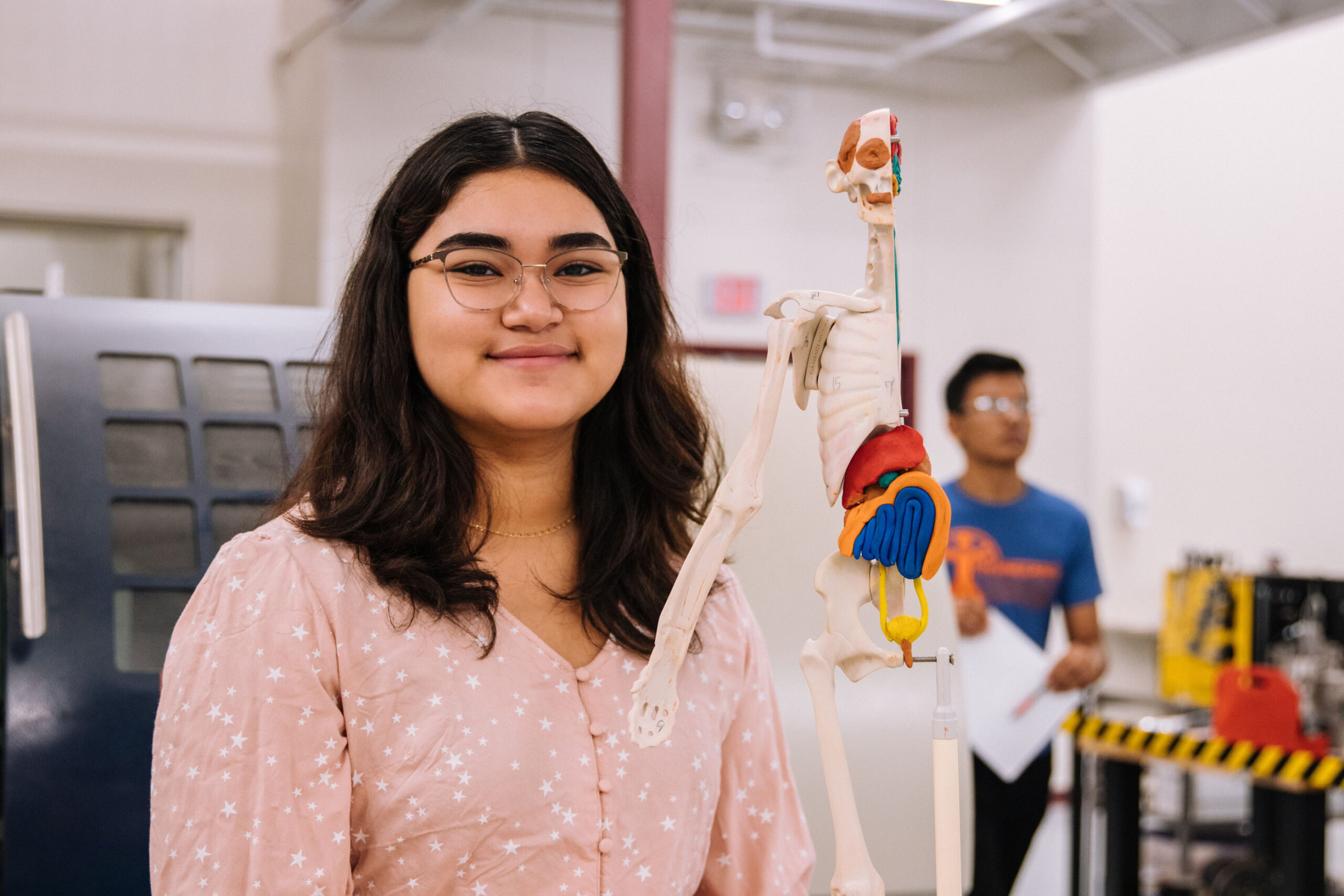
We select our students through a collaborative process designed to ensure that the impact we deliver really does change the odds
We use widening participation criteria, based on the Office for Students ‘Equality of Opportunity Risk Register’ , and work hand-in-hand with heads of 6th form and teachers to determine eligibility.
Each student completes a written application and undergoes a video interview to ensure they will benefit from the Foundation’s programme and that we are able to support them effectively.
Our schools
We’ve partnered with schools all over the country
2023
- Ark Schools
- Academies Enterprise Trust
- Harris Federation
- Blackpool Sixth Form College
- Cardinal Newman College
- Oasis Academy South Bank
- Sacred Heart Catholic School
- Woolwich Polytechnic Sixth Form
- Chapeltown Academy
- TKAT Academies (Thomas Bennett Community Technology College)
2022
- Christ the King College
- School 21
- Blackpool Sixth Form College
- Harris Federation
- Academies Enterprise Trust
- Ark Schools
- Cardinal Newman
- Oasis Academy South Bank
- Reach Academy
- Cardinal Vaughan Memorial School
- Sacred Heart Catholic School
- Kensington Aldridge Academy
- TKAT Academies (Thomas Bennett Community Technology College)
- Chapeltown Academy
2021
- Christ the King College
- School 21
- Blackpool Sixth Form College
- Harris Federation
- Academies Enterprise Trust (4 schools)
- Cardinal Newman
- Oasis Academy South Bank
- Reach Academy
- TKAT Academies (Thomas Bennett Community Technology College)
2020
- Christ the King College
- London Academy of Excellence
- School 21
- Blackpool Sixth Form College
- Harris Federation (across London)
- Academies Enterprise Trust (2 schools)
- Cardinal Newman
- Oasis Academy South Bank
- Reach Academy
2019
- Christ the King College
- London Academy of Excellence
- School 21
- Spires, Torquay
- Blackpool Sixth Form College
- Harris Federation (8 academies)
Who We Fund
We encourage students who satisfy widening participation criteria to apply
Whilst we consider a range of measures, taking our lead from the Office for Students students Equality of Opportunity risk register, our students usually meet at least one of the following:
Free School Meals
Pupils in state schools in receipt of free school meals. This is one of the most well-established markers of poverty.
Pupil Premium
Pupils who have been identified for pupil premium prior to entering sixth form. The pupil premium is allocated to children up to the age of 16 who are looked after by the local authority, those who have been eligible for Free School Meals at any point in the last six years (also known as Ever 6 FSM) as well as children whose parents are serving in the armed forces.
Grant/Bursary
Pupils who are in receipt of bursaries or grants.
First Generation
Pupils who’s parents or carers have not attended university.
Low Participation Postcodes
Pupils live in places where young people are less likely to enter higher education.


The University Preparation Programme has taught me many valuable lessons such as building my communication skills and gaining confidence. It has empowered me to develop my knowledge and understanding in regards of what university is suitable for me and the subject I want to study.
Nadia
2021 Cohort

